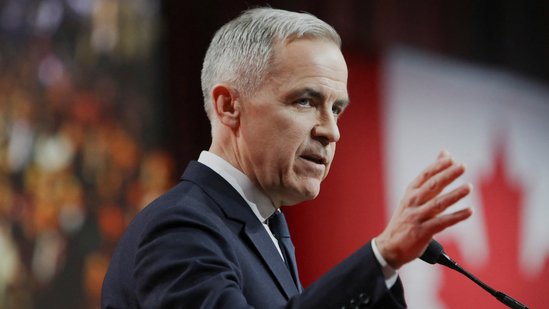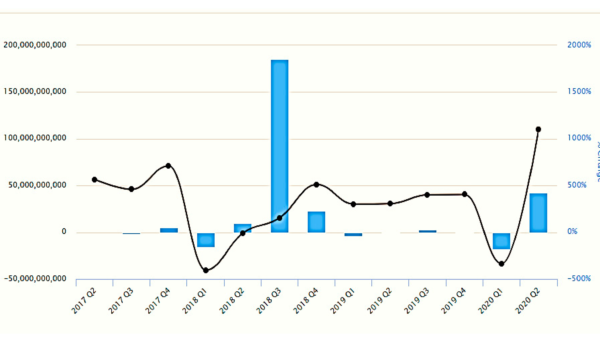Countries Convene in Colombia to Address Global Plastic Pollution
Representatives from various countries have gathered in Colombia to work on an international treaty aimed at tackling the severe issue of plastic pollution. The meeting, which includes key stakeholders and environmental experts, is a significant step toward building global consensus on one of the most pressing environmental challenges of modern times. UN Secretary-General António Guterres has emphasized the critical need for an ambitious and equitable agreement that addresses the scope of the crisis effectively and fairly.
A Pervasive Environmental Crisis
Plastic pollution has emerged as a ubiquitous environmental threat, impacting ecosystems, wildlife, and human health across the globe. An estimated 11 million metric tons of plastic waste enter oceans annually, harming marine life and contaminating water sources. The persistent nature of plastics, which can take hundreds of years to degrade, means that their accumulation has long-term ecological consequences. The summit in Colombia seeks to build a coordinated response that transcends national borders, recognizing that combating plastic pollution requires collective action.
UN’s Call for an Ambitious and Just Agreement
In his address, UN Secretary-General António Guterres stressed that the proposed treaty must be both ambitious and just, balancing the interests of developed and developing nations. Guterres underscored that while wealthy countries have contributed significantly to the plastic crisis, poorer nations often bear the brunt of its impact. Any effective agreement must therefore consider equity and support for developing nations in their efforts to manage and reduce plastic waste. The Secretary-General’s message resonated with many participants, reinforcing the call for a comprehensive, globally enforceable framework.
Challenges in Reaching Consensus
Despite broad agreement on the need for action, negotiating a treaty that satisfies all parties presents challenges. Key points of contention include the balance of responsibilities between countries with different levels of industrial development and financial resources. Developing nations have expressed the need for technical and financial assistance to implement sustainable waste management practices and reduce plastic reliance. Meanwhile, some industrialized countries have voiced concerns over regulatory impacts on manufacturing and economic growth.
Potential Solutions and Measures Discussed
The discussions in Colombia have brought forward a range of potential solutions aimed at reducing plastic waste, such as the implementation of circular economy practices, which emphasize recycling and reusing materials. Proposals include global bans on certain types of single-use plastics, the development of sustainable packaging alternatives, and commitments to reduce plastic production. These measures, proponents argue, would contribute significantly to cutting down on the volume of waste entering natural environments each year.
The Importance of Global Cooperation
Speakers at the summit have consistently emphasized that without international cooperation, efforts to combat plastic pollution will be fragmented and insufficient. The interconnected nature of the plastic supply chain means that even stringent national policies can be undermined by weak regulations elsewhere. This global treaty aims to align efforts, set consistent standards, and foster a shared commitment to action. The UN Secretary-General’s call for unity reflects a broader understanding that plastic pollution is not just an environmental issue but a test of global governance and collaboration.
Conclusion: Hope for a Comprehensive Treaty
The conference in Colombia marks an essential moment in the fight against plastic pollution, demonstrating that nations recognize the urgency of the crisis and the need for collective action. With the backing of the UN and widespread participation, there is hope that an ambitious and fair treaty will emerge, capable of setting a new standard for environmental stewardship. As negotiations continue, the world watches closely, hoping for a unified commitment that will lead to tangible, lasting solutions.
































